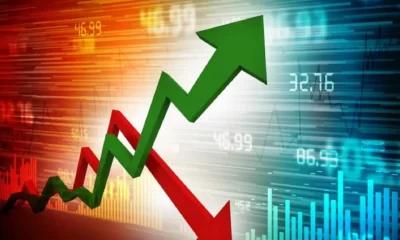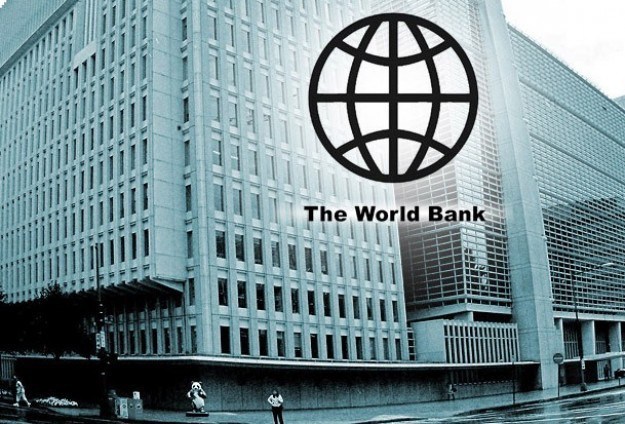The World Bank now expects oil prices to average $67 a barrel this year and the coming year down $2 compared to projections from June last year, the bank said in its Global Economic Prospects report, in which it also reviewed down its global growth projections amid “darkening skies” for the global economy.
Oil prices were highly volatile in the second half of 2018, with sharp plunges toward the end of 2018, chiefly due to supply-side factors, the World Bank said.
Last year, oil prices averaged $68 a barrel, slightly lower compared to the bank’s forecast from June 2018, but 30 percent higher than the average price of oil in 2017.
“Oil prices are expected to average $67/bbl in 2019 and 2020, $2/bbl lower than June projections; however, uncertainty around the forecast is high,” the World Bank said in its January 2019 Global Economic Prospects report.
This year, oil demand growth is expected to stay robust, but expected slowdown in emerging market and developing economies (EMDEs) “could have a greater impact on oil demand than expected,” the World Bank said.
The outlook for the supply-side is also uncertain as it largely hinges on OPEC and allies’ decisions about production levels, especially after the first half of 2019, according to the bank.
“While these producers have agreed to cut output by 1.2 million barrels a day, mb/d for six months starting January 2019, few details have been forthcoming about the distribution of the cuts, and they may prove insufficient to reduce the oversupply of oil,” the World Bank said.
The other key uncertainties about oil prices will be the impact of the U.S. sanctions on Iran when the waivers end in early May, as well as the production in Venezuela, which has been steadily falling over the past two years.
“Meanwhile, crude oil output in the United States is expected to rise by a further 1mb/d in 2019, with capacity constraints envisioned to ease in the second half of the year as new pipelines come onstream,” according to the World Bank.
Apart from revising down its oil price projections and warning about the uncertainties surrounding oil price trends this year, the World Bank also noted that global economic growth is expected to slow to 2.9 percent in 2019 from 3 per cent in 2018, as international trade and investment weaken.
“The outlook for the global economy has darkened. Global financing conditions have tightened, industrial production has moderated, trade tensions have intensified, and some large emerging market and developing economies have experienced significant financial market stress,” the World Bank said.

 Health3 days ago
Health3 days ago
 Football1 week ago
Football1 week ago
 Football6 days ago
Football6 days ago
 Football1 week ago
Football1 week ago
 Football1 week ago
Football1 week ago
 Crime7 days ago
Crime7 days ago
 Business1 week ago
Business1 week ago
 Business5 days ago
Business5 days ago

